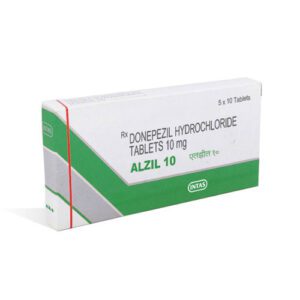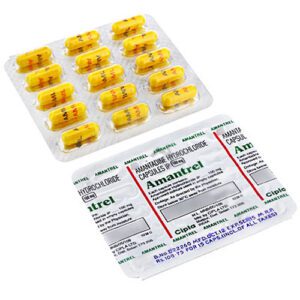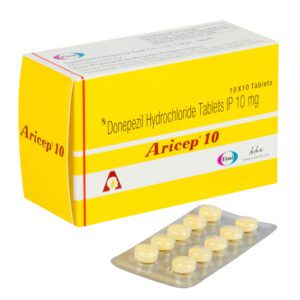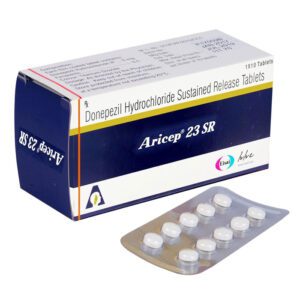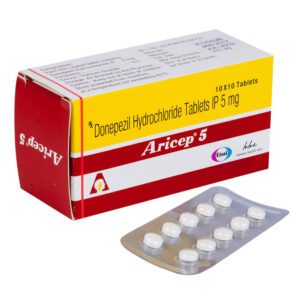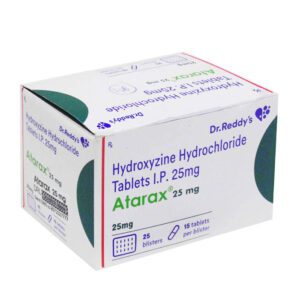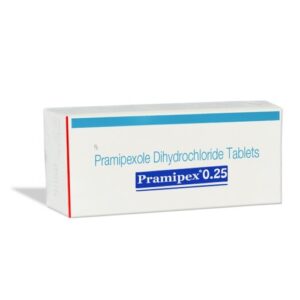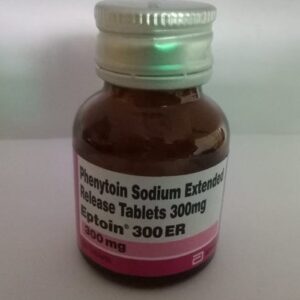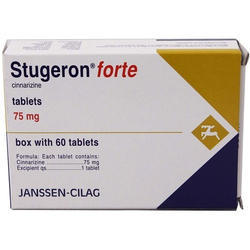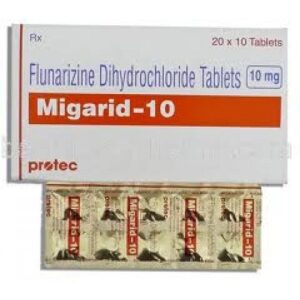Neurology Drugs
Neurology Medications: Managing Brain and Nerve Disorders
Neurology medications help in controlling several neurological disorders like brain, spinal cord, and nerve-related disorders.
Neurological medications provide relief for patients suffering from chronic pain and seizures due to neurodegenerative diseases like Alzheimer’s and even Parkinson’s.
For caregivers, patients, and even healthcare professionals, knowing how neurological medications work, what the benefits are of these medications, and what possible side effects they can cause is key to a successful treatment.
What Are Neurology Drugs?
Neurology drugs are medications used to manage and treat different types of diseases or disorders that affect the nervous system.
These range from the brain and spinal cord to nerves around your body.
These medicines are designed to regulate neurotransmission, control the symptoms and natural course of the disease, combat neurological deterioration, and reverse neuronal function.
Unlike other types of neurological disorders, which may seem somewhat temporary (although debilitating), some neurological conditions require lifelong treatment that might include long-term medication.
Neurological medications are critical for controlling symptoms and maintaining a high quality of life.
Types of Neurology Drugs
Several types of neurology drugs treat different things. Here are some of the more prevalent:
1. Antiepileptic Drugs (AEDs)
AEDs are used for the treatment of epilepsy and can help control or stabilize electrical patterns in the brain to lower your risk of having a seizure.
Common seizure medications include:
Phenytoin
Valproic acid
Carbamazepine
Levetiracetam (Keppra)
Lamotrigine (Lamictal)
These drugs are frequently long-term treatments, and doses may need to be adjusted periodically.
2. Parkinson’s Disease Medications
Parkinson’s disease is a progressive movement disorder. The goal of medications is to boost dopamine levels in the brain.
Common Parkinson’s medications include:
Levodopa/Carbidopa (Sinemet)
Dopamine agonists (Pramipexole, Ropinirole)
MAO-B inhibitors (Selegiline, Rasagiline)
COMT inhibitors (Entacapone)
These medications reduce tremors, stiffness, and slowness of movement.
3. Alzheimer’s and Dementia Drugs
These therapies are for slowing cognitive decline and certain behavioral symptoms.
Popular Alzheimer’s medications include:
Donepezil (Aricept)
Rivastigmine (Exelon)
Galantamine (Razadyne)
Memantine (Namenda)
The drugs do not cure the disease but can help with memory and daily functioning.
4. Migraine and Headache Medications
There are two types of migraine drugs: medications used for acute treatments and preventive medications.
Acute treatments: Triptans (Sumatriptan), NSAIDs
Prophylactic treatments: Beta-blockers (Propranolol), Antiepileptics (Topiramate), CGRP inhibitors (Erenumab)
Medication use can greatly decrease the number of migraines you experience and how severe the migraine itself is.
5. Multiple Sclerosis (MS) Medications
MS is a disease in which the immune system attacks nerve coverings. Neurology drugs for MS are used to modify disease progression and help manage relapses.
Common MS drugs include:
Interferons (Avonex, Rebif)
Glatiramer acetate (Copaxone)
Fingolimod (Gilenya)
Ocrelizumab (Ocrevus)
These are usually injected or infused.
6. Neuropathic Pain Medications
Pain from nerves in the body that are malfunctioning from diabetes or injury can be treated with:
Gabapentin (Neurontin)
Pregabalin (Lyrica)
Amitriptyline
Duloxetine (Cymbalta)
These can weaken the pain signals in the nervous system.
Side Effects and Risks
Neurology drugs have the potential to be game-changers, but with that come significant risks and side effects. Common ones include:
Drowsiness or fatigue
Dizziness or lightheadedness
Nausea or vomiting
Cognitive changes (memory issues, confusion)
Mood changes or depression
Liver or kidney damage (with chronic use)
It is important that we work closely with a neurologist to watch for side effects and tailor treatment accordingly.
Choosing the Right Neurological Medication
The right medication depends on:
Type and intensity of the neurological disorder
The age and health of the patient
Other medical conditions (e.g., diabetes, heart disease)
Response to past treatments
Potential for drug interactions
These are often necessary as a trial and error to learn what drug offers the best results with the least side effects.
Access to Neurology Drugs Worldwide
If you buy neurology drugs online in the USA, UK, or other countries, then remember to:
Use licensed pharmacies
Search for FDA- or MHRA-approved medicines
Refrain from counterfeits and unauthorized online sources
Discuss any decision to switch brands or formulations with your doctor
Long-term health care and symptom management require reliable access to neurological treatment.
Frequently Asked Questions
Q1: Is there any medicine that can cure neurological disorders?
A: Most neurological disorders can’t be fully cured, but medications help manage symptoms and delay progression.
Q2: Are neurological drugs addictive?
A: Many are not, though some (e.g., prescription pain pills or benzodiazepines) do have abuse potential. Never use without a doctor’s guidance.
Q3: How long do you have to be on neurology medications?
A: Some are lifelong (like those for Parkinson’s or epilepsy), while others are short-term (e.g., migraine meds or stroke recovery).
Q4: What’s the most prescribed neurology drug?
A: Levodopa (for Parkinson’s) and donepezil (for Alzheimer’s) are among the most prescribed neurological medications worldwide.
Q5: Can I travel with my neurological drugs?
A: Absolutely, but make sure to carry your prescriptions, keep medicines in original packaging, and check customs rules in your destination country.
Final Thoughts
Neurology drugs are a gift for patients and powerful tools against serious brain and nerve disorders. These drugs can help with seizure control, slow down dementia progression, and relieve chronic pain. Patients can benefit from improved outcomes and overall health by staying informed, monitoring side effects, and working closely with healthcare professionals.



